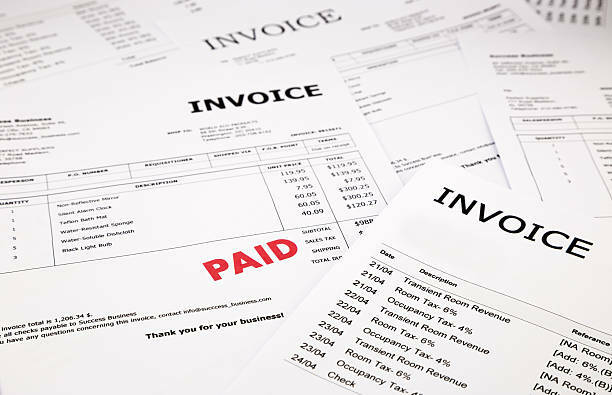A new poll from the Angus Reid Institute has found 53 per cent of Canadians say they can’t keep up with the cost of living.
Respondents pointed to the high costs of housing, food, gas and energy that are eating up their household budgets.
Inflation tied to the COVID-19 pandemic and related supply chain issues have been driving up the cost of everyday items. Fears over the Russian invasion of Ukraine have also led to an uptick in prices at the pump even as oil prices were already surging to levels not seen since 2014.
READ MORE: Inflation continues to outstrip wage growth as annual rate surpasses 5 per cent
The economic anxiety is highest in Western Canada and the Prairies in particular. In Saskatchewan, 51 per cent of respondents said they have too much debt — the highest in the country — followed by 46 per cent in Manitoba and 45 per cent in Alberta.
Those provinces were also the most concerned about potential job losses. In B.C., 43 per cent of respondents were concerned that someone in their household would lose their job based on the current state of the economy. Only Albertans were more concerned at 46 per cent.
Just over half of Canadians said they could not afford a surprise expense of $1,000 and one-in-seven said they could not afford a surprise bill of any amount because their budgets are so tight.
The poll found that women and families with young children were more likely to report anxiety over finances. Families with young children also responded that they had higher levels of debt, less ability to absorb surprise bills and higher concern about the loss of a job.
The cost of child care was also a concern for those families. Although the federal government campaigned on $10-a-day childcare, many provinces have yet to implement the system — including B.C. where the provincial government only committed to $20-a-day childcare in their 2022 budget.
READ MORE: Child care fees for infants, toddlers dropping to $20 per day by 2023
In response to these economic pressures, 53 per cent of respondents say they’ve cut back on discretionary spending, 41 per cent have delayed a major purchase, 31 per cent are driving less, 29 per cent are cancelling travel plans and 22 per cent are deferring or not making contributions to an RRSP or TFSA.
An Angus Reid poll released last week also found that Canadians are changing their shopping habits at grocery stores to deal with increased food costs. Nearly half of Canadians said they’ve switched to cheaper, lower quality brands to keep up with costs and 62 per cent say they’re going to restaurants less, even as COVID restrictions loosen across the country.
The Bank of Canada is expected to hike interest rates on Wednesday (March 2) to deal with rising inflation. It is expected the central bank will increase rates by 0.25 per cent.
As costs continue to add up, seven-in-ten Canadians say that finances are a source of stress for them — yet another worry in a world filled with causes for concern.
The Angus Reid Institute conducted an online survey from Feb. 11 to 13, 2022 among a representative randomized sample of 1,622 Canadian adults who are members of Angus Reid Forum. For comparison purposes only, a probability sample of this size would carry a margin of error of +/- 2.5 percentage points, 19 times out of 20. Discrepancies in or between totals are due to rounding. The survey was self-commissioned and paid for by ARI.
@SchislerCole
cole.schisler@bpdigital.ca
Like us on Facebook and follow us on Twitter.

